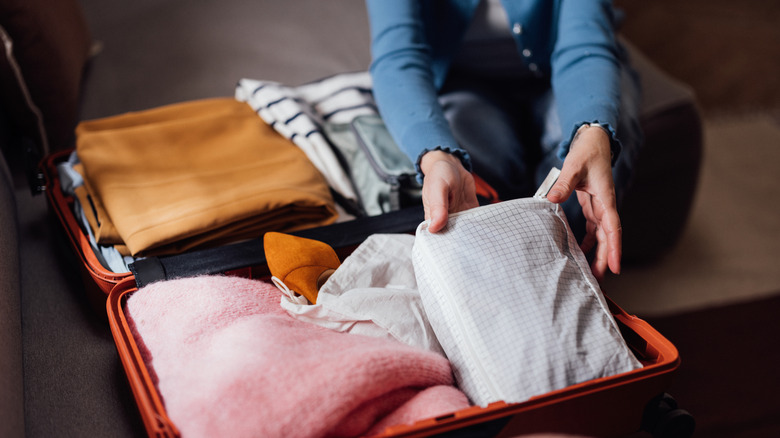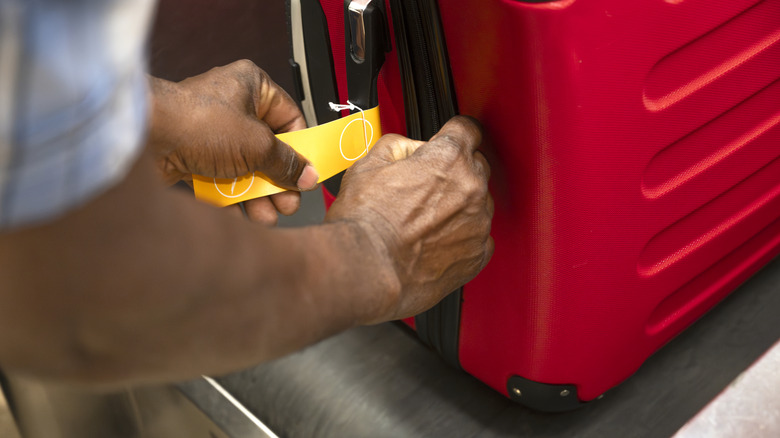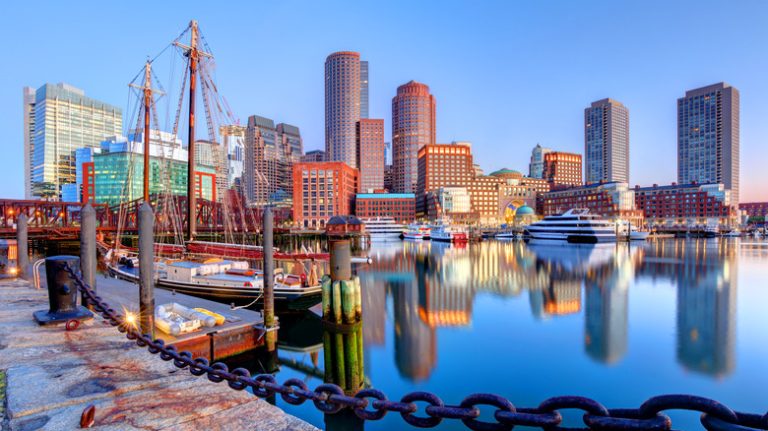
Travelers often look for ways to minimize expenses when planning their vacation budget. Whether it’s catching an early flight, exploring options like open-jaw tickets, or utilizing skiplagging, there are numerous strategies to consider when planning a trip. Packing smartly can also significantly affect your budget and travel experience. The items you choose to bring can greatly influence how you engage with your destination. Forgetting a rain jacket, only to face continuous rain, might force you to endure the weather or purchase a new one, which can feel like an unnecessary expense since you may not need it after your trip. Plus, time spent shopping for a new jacket could be better spent exploring your destination.
One crucial part of your packing list that can greatly impact your trip is toiletries. Travel expert Rick Steves emphasizes the importance of packing these essentials. By choosing cost-effective toiletries that meet your needs, you save money and avoid spending valuable time searching for replacements once you arrive at your destination.
Toiletries are a must-pack staple

Essentials for staying clean and fresh are non-negotiable for travelers like Rick Steves. While it’s possible to find similar toiletries abroad, leaving your regular products at home comes with an opportunity cost. Some travelers worry about baggage weight limits, but leaving items like deodorant and toothpaste behind saves minimal space and has significant trade-offs.
Leaving everyday toiletries at home means you’ll need to find and purchase replacements upon arrival. This can be challenging in exotic locations and costly in cities like New York or London. On a short trip, you’ll want to avoid wasting time searching for essentials like shampoo or sunscreen, which could have been packed beforehand. Remembering that time is a valuable resource can prevent common money mistakes during travel.
Skip the checked bag and pack light

In addition to toiletries, packing light is a wise practice. This approach facilitates easier transit through airports, trains, and taxis, making the journey less stressful and physically demanding. Checking a bag complicates travel, requiring earlier airport arrivals, longer waiting times, and increased costs.
Packing light not only reduces physical burden but also keeps your hotel room organized and can offer other benefits. For example, smaller luggage is easier to store in train or bus station lockers while transiting. Unless there’s a specific need for extra items, avoiding additional baggage can save money and reduce travel hassles.






